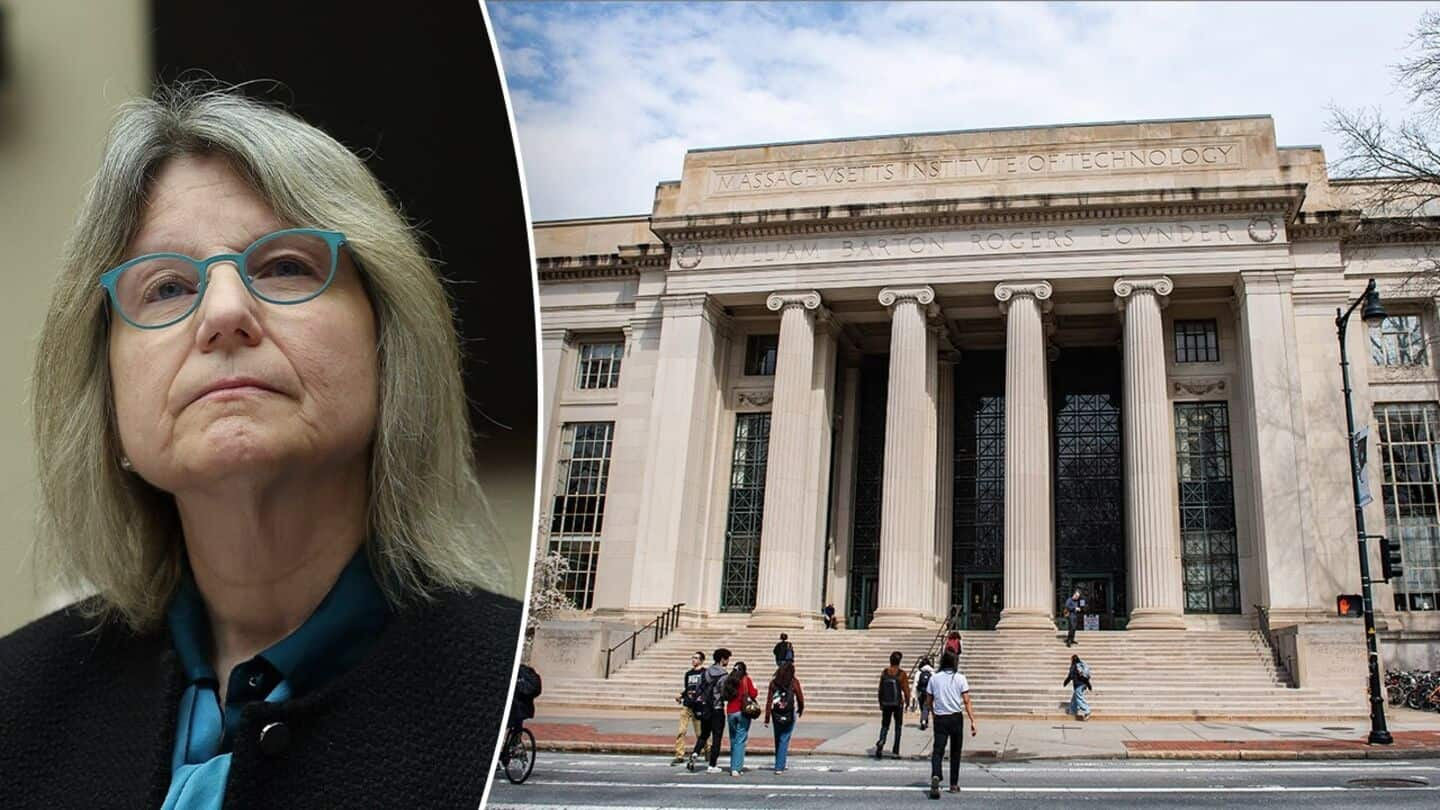
MIT shuts DEI office amid Trump administration's diversity program cuts
What's the story
The Massachusetts Institute of Technology (MIT) has announced that it is shutting its Diversity, Equity, and Inclusion (DEI) office. MIT President Sally Kornbluth announced that the institution will "sunset" its Institute Community and Equity Office (ICEO) along with the role of the vice president charged with overseeing inclusion programs. Kornbluth, however, insisted that MIT was not giving up on its commitment to diversity but will focus on community building at the local level.
Funding fears
MIT's DEI office closure part of wider federal funding concerns
The ICEO's key programs will be absorbed by other campus departments, he added. This decision was made following an 18-month "comprehensive assessment" of the ICEO's work, led by the last vice president, Karl Reid, who stepped down in February. In the past few weeks, universities all over the country have been rushing to follow President Donald Trump's anti-diversity orders in order to keep hundreds of millions of dollars in federal grants.
Federal scrutiny
MIT's DEI office closure amid federal scrutiny
These grants pay for important medical research in many fields, like cancer and maternal health. MIT is one of 45 universities under investigation by the Department of Education's Office for Civil Rights for "allegedly engaging in race-exclusionary practices in their graduate programs." The decision to close the DEI office also comes amid President Trump's ongoing battle with Harvard University over similar issues. Harvard has refused to eliminate its DEI programs and has since lost over $3 billion in federal funding.
Funding impact
Other schools facing action
The Trump administration has also threatened to cancel Harvard's federal contracts worth around $100 million. The government also barred international students from enrolling at Harvard a week ago, but a federal judge temporarily lifted the ban after Harvard sued the next day. In March, the Trump administration also widened its civil rights investigation into Cambridge, alleging racial discrimination.